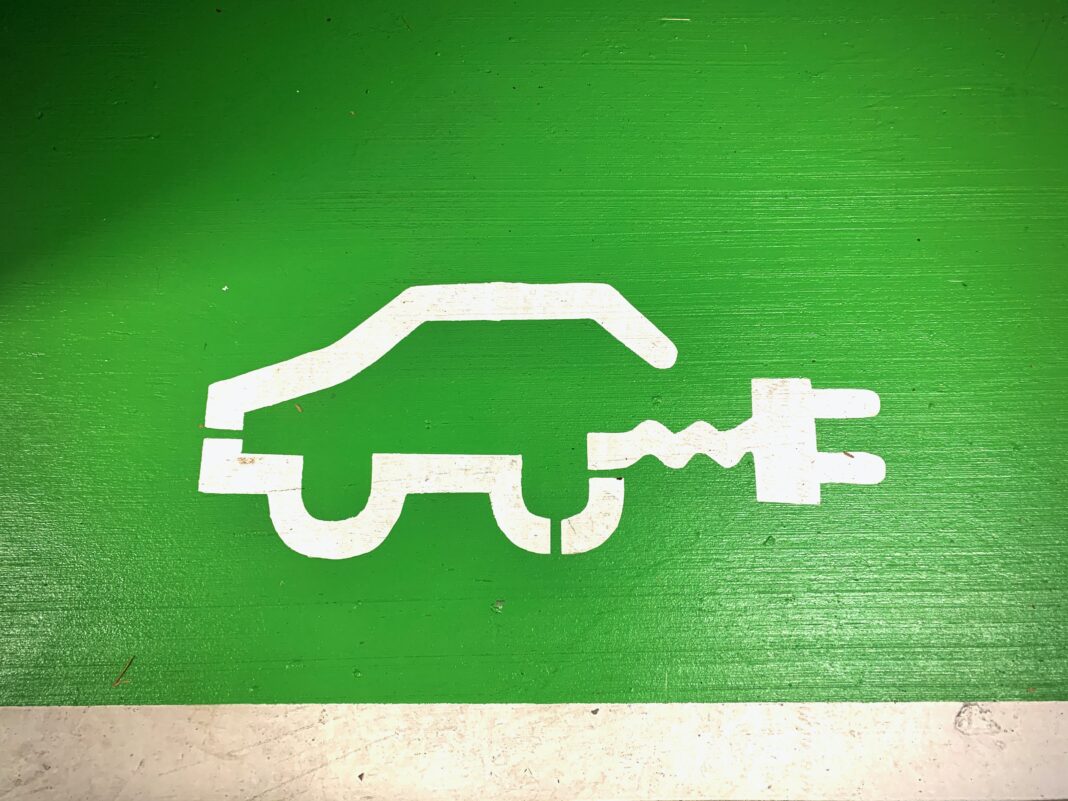Photo by Ralph Hutter on Unsplash
Phasing out internal combustion engines is strong on the U.S. west coast. California, having the highest zero-emission vehicle market in the U.S., looks ahead to phase out fossil fuel passenger vehicles by 2035. The Golden State approved the rule Advanced Clean Cars II in August 2022 to facilitate the full adoption of EVs, hydrogen fuel-based cars, and plug-in hybrids beginning in 2026.
Oregon also approved that same rule in December, which is expected to drive down the cost of EVs. Oregon’s Department of Transportation intends to invest $100 million in EV charging stations over the next five years. The Department of Environmental Quality (DEQ) has estimated that, by 2040, the Advanced Clean Cars II rule will reduce 54.1 million metric tons of passenger carbon emissions, save the state $8.7 million over pollution-related healthcare costs, and reduce 7,695 tons of air pollution.
Washington is about to join the bandwagon. A similar bill called the Clean Cars 2030 is on Governor Inslee’s desk. The bill aims to phase out fossil fuel-based light-duty vehicles Asap. It mandates that all light-duty vehicles sold or registered in Washington must be electric by the latest 2030. There is also a plan to install thousands of EV charging stations in the state.






